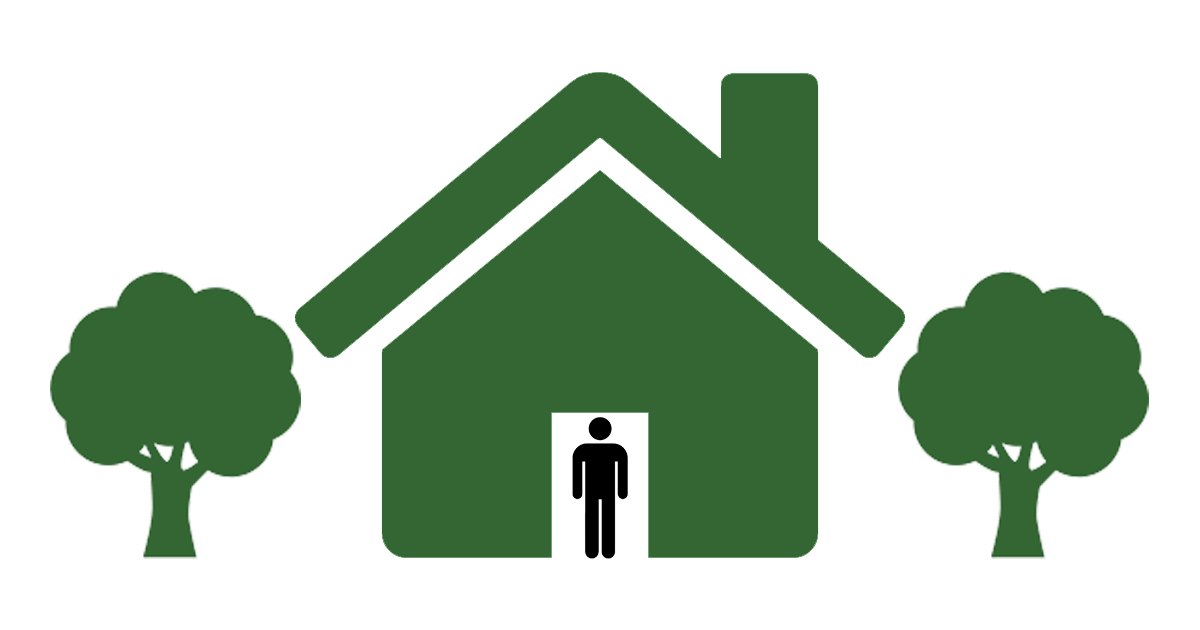I just became a statistic. Between 2012 and 2013, about 36 million Americans moved to a new home. That’s about one in every 8.5 people. Last week I joined the ranks of the relocators and uprooted my family from a slightly suburban existence in a big city to a slightly urban existence in a suburb. You can read more about why we moved , how we sold our house without realtors and how we chose our new best place to live . But that’s just me. The U.S. Census Bureau has a new report with a much bigger dataset about why people move. According to the report, almost half of movers said housing was the reason they relocated. Those reasons include wanting better neighborhoods and better homes, wanting to own rather than rent, and less pleasant reasons like being evicted. The top five reasons why Americans move are:
A new or better home/apartment (15 percent)
A family reason (other than getting married or starting a household) (15 percent)
A housing reason (other than wanting a new or cheaper house, better neighborhood, etc.) (14 percent)
To establish own household (10 percent)
New job or job transfer (9 percent)
To bin those up a bit, the Census groups the reasons into four overarching categories: housing (48 percent), family (30 percent), jobs (19 percent) and other (2 percent). Here are some other interesting stats from this study:
Movers with household incomes above the median of $50,000 were slightly more likely (17-23 percent) to move for job-related reasons than those with household incomes under $50,000. Let’s surmise that lower-income jobs make it less possible/desirable to move just for a new gig. That idea seems to be backed up by the fact that people in management, business, financial and professional jobs are more likely to relocate for work than those in service, sales or administrative jobs where skills might be more easily transferable to a new job in the same location.
Married couples were even more likely to give a housing-related reason for their move. That’s likely because, except for newlyweds, they don’t tend to fall into many of the family-related categories such as having a change in marital status or desire to start their own households.
Livability’s research shows that climate is an important consideration for people when choosing where to relocate. But for almost no one is it the most important consideration. Only 20,000 people listed it as their top reason.
More than twice as many people move within their county as move to another county. In other words, most moves are incredibly local. Ours was no exception. We moved from the city to the next suburb over, all within the same county. If you look at why these two groups of movers relocate, you start to see some stark differences in the reasons. People who move within the same county are almost twice as likely to do so for housing-related reasons as those who move to a different county. The reasons people move to different counties are pretty evenly distributed among family, jobs and housing, whereas same-county movers do so disproportionally for housing-related reasons.
Why people move (by distance of move)
You can further break this down to look at just heads-of-households. That will give you the purest sense of why households move because a child in a household won’t be moving for a new job; they’ll be moving for family reasons. Dad or mom, on the other hand, might have gotten transferred. Make sense? Looking at just householders, we see stark differences. Those who stayed in the same county were substantially less likely to cite new jobs as those who moved to different counties. Instead, they overwhelmingly said housing was the driver for their moves.
The top reasons why householders move
What would be really interesting, of course, is to be able to peek into the vast “other housing” and “other family” reasons. We know demographics shifts drive shifts in what people are looking for in housing. How many people moved because they had another child? Does having a first child predict a move better than having a third? At what point does a move happen because of schools instead of space? What percentage of people who are newlyweds move? How does that compare to the percentage of newly divorced who move? These are all great questions we can’t really answer with this data. But we can guess a little here and there, and regardless, we get a really clear picture that the reasons for moving are complicated and vary greatly between groups and especially by distance of the move.
